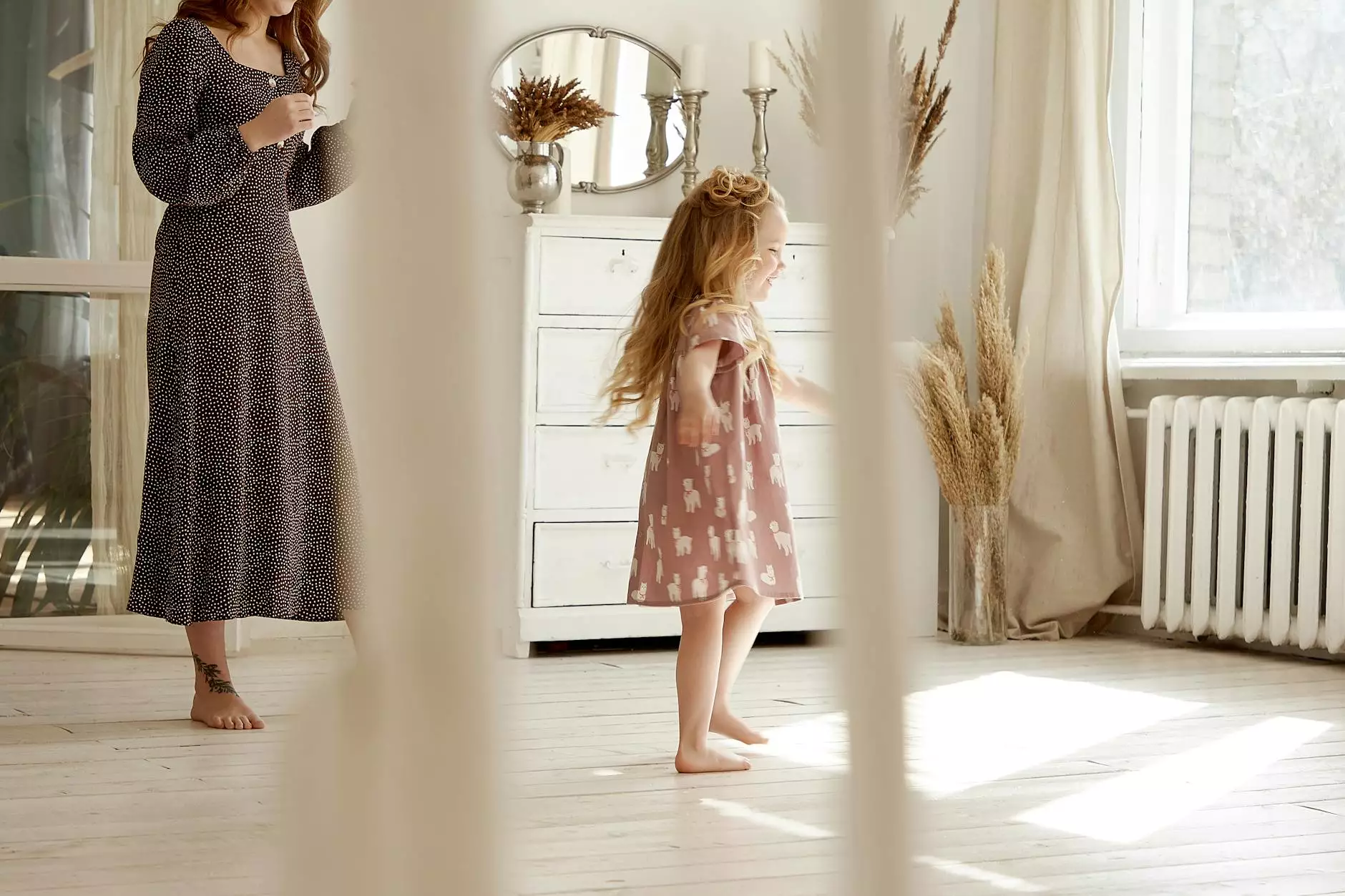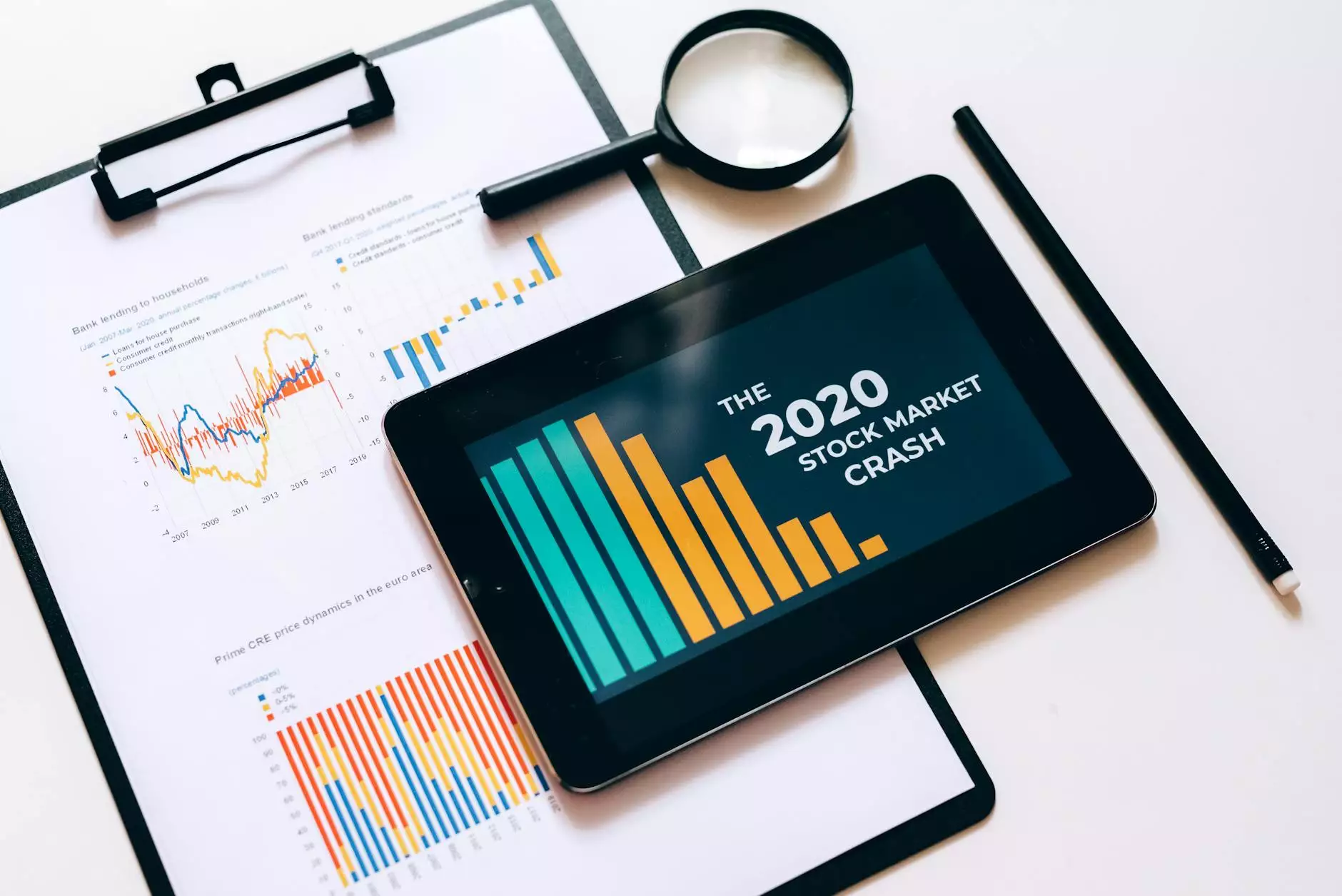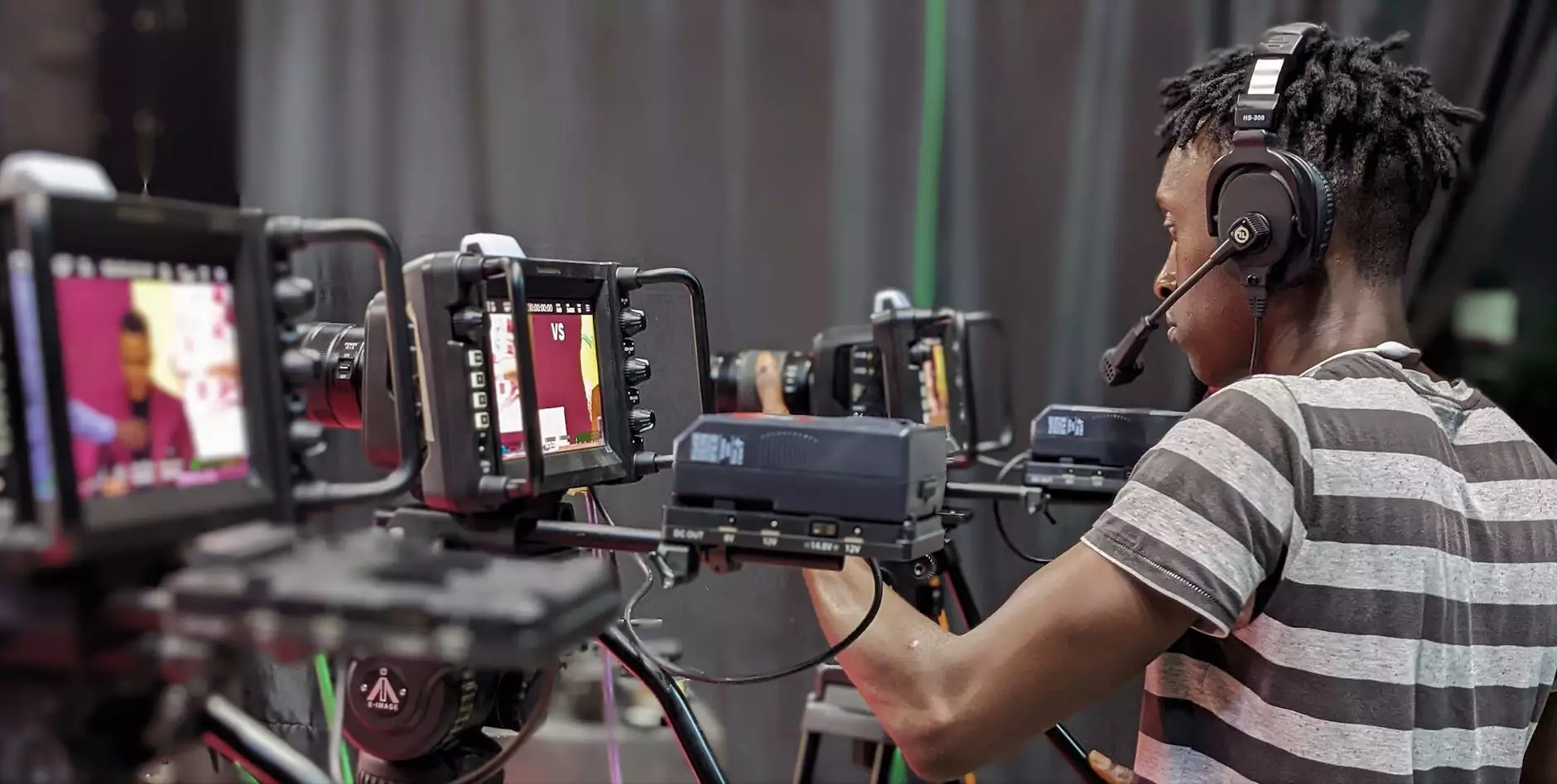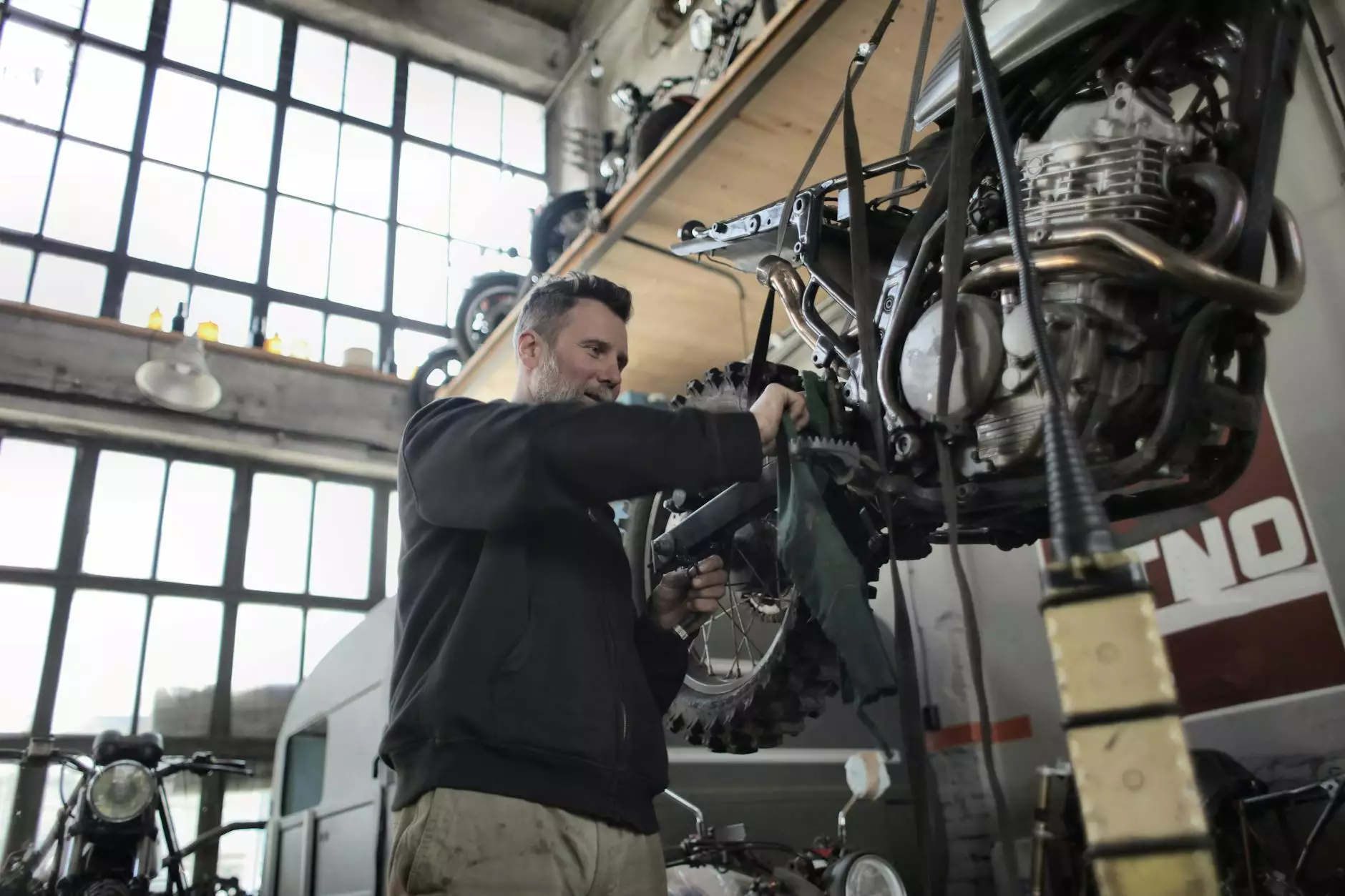Transforming Business with AI: The Evolving Role of AI in the Fashion Industry

In today's rapidly evolving technological landscape, businesses are increasingly leveraging artificial intelligence (AI) to enhance their operations. One interesting and innovative phrase that has garnered attention is "ai to undress", which highlights the intersection of technology and fashion. This article will explore how AI is revolutionizing the fashion industry, reshaping everything from design processes to retail experiences and marketing strategies.
The Rise of Artificial Intelligence in Fashion
Artificial intelligence is making significant strides in the fashion sector, fundamentally altering how companies operate. From major fashion houses to emerging brands, AI is becoming integral to various processes. Here are some ways AI is influencing the industry:
- Design Process: AI-driven tools are helping designers create innovative styles and clothing.
- Manufacturing: AI optimizes supply chains and production schedules, reducing waste and increasing efficiency.
- Customer Experience: AI enhances the shopping experience through personalized recommendations and virtual try-ons.
- Market Analysis: Tools powered by AI analyze consumer behavior to forecast trends and inform strategic decisions.
AI-Powered Design Innovation
When discussing the role of AI to undress, it is essential to understand how it facilitates creativity in fashion design. AI algorithms can analyze vast datasets, including past fashion trends, consumer preferences, and even current runway shows to assist designers in their creative processes.
For instance, design software that utilizes machine learning can suggest fabric combinations, cutting patterns, and even color palettes that are not only aesthetically pleasing but also aligned with market trends. This capability allows designers to push boundaries while ultimately saving time and resources.
Case Studies of AI in Design
Several brands have already embraced AI tools to enhance their design capabilities:
- Stitch Fix: Known for its personalized styling service, Stitch Fix employs AI algorithms to curate clothing selections for clients based on their preferences and fashion trends.
- H&M: H&M leverages AI to predict the demand for certain styles, which helps them stock stores more effectively and create designs that resonate with customers.
AI and Efficient Manufacturing
Manufacturing is another area where AI drastically changes fashion business dynamics. By integrating AI technologies, companies can streamline their operations, resulting in reduced costs and faster turnaround times.
Smart Supply Chain Management
AI algorithms analyze inventory levels, shipping times, and demand forecasts, providing manufacturers with real-time insights. This advance aids in optimizing production schedules and minimizing excess inventory, significantly reducing waste in the fashion industry.
Predictive Maintenance
Moreover, AI can predict equipment failures before they happen. This predictive maintenance allows companies to plan maintenance activities effectively, ensuring that production runs smoothly without unnecessary interruptions.
Enhancing Customer Experience Through AI Technology
The shopping experience is critical in the fashion business, and AI applications are dramatically transforming how consumers engage with brands. From virtual try-ons to personalized recommendations, AI is reshaping consumer interactions.
Virtual Fitting Rooms
One of the most exciting innovations is the emergence of virtual fitting rooms powered by AI technology. These systems allow customers to see how clothes would look on them without physically trying them on. By utilizing augmented reality (AR), this technology creates realistic depictions of clothing fits and styles, helping customers make informed purchasing decisions.
Personalized Recommendations
Additionally, AI analyzes customers' browsing behaviors to offer tailored clothing suggestions, enhancing the shopping experience. This level of personalization is critical for attracting and retaining customers in a competitive market.
AI-Driven Marketing Strategies
Marketing is another domain where AI is proving invaluable. Fashion brands are harnessing AI tools to analyze consumer behavior and predict future trends, informing their marketing and advertising strategies.
Data-Driven Insights
By leveraging data analytics, brands can uncover insights into consumer preferences and behaviors, enabling them to create targeted marketing campaigns. This approach maximizes engagement and drives conversion rates.
Chatbots and Customer Service
Furthermore, AI chatbots are enhancing customer service experiences. They provide 24/7 support, answering queries and guiding shoppers through the purchasing process. These AI-powered assistants contribute to elevating customer satisfaction.
The Future of AI in the Fashion Industry
The possibilities for AI in the fashion industry are limitless. As technology continues to advance rapidly, businesses must be agile and adaptive to harness these innovations effectively.
Ethical Considerations
While the benefits of AI are substantial, ethical considerations are paramount. Brands must ensure that AI technologies are used responsibly, promoting inclusivity and sustainability within the fashion ecosystem.
Continuous Learning and Adaptation
Fashion companies will need to invest in scaling their AI initiatives, continually analyzing outcomes and optimizing strategies based on consumer feedback and evolving trends.
Conclusion: Embracing the AI Revolution in Fashion
The integration of AI in the fashion industry signifies a profound transformation that holds the potential to reshape the entire landscape. As we explore the implications of "ai to undress", it's clear that the power of AI extends beyond mere operational efficiency. It fosters creativity, enhances customer experiences, and drives strategic decision-making across the board.
By embracing these technologies, fashion businesses can not only stay competitive in a fast-paced market but also set new standards for innovation and sustainability. The future of fashion lies in the collaboration between creativity and technology, and those who adapt will undoubtedly lead the industry forward.









